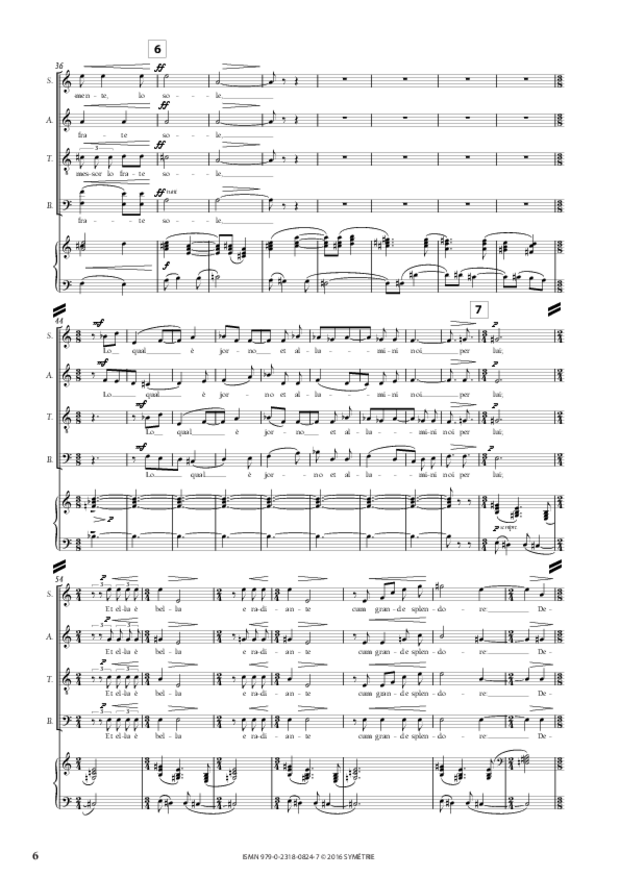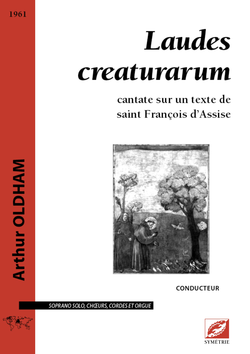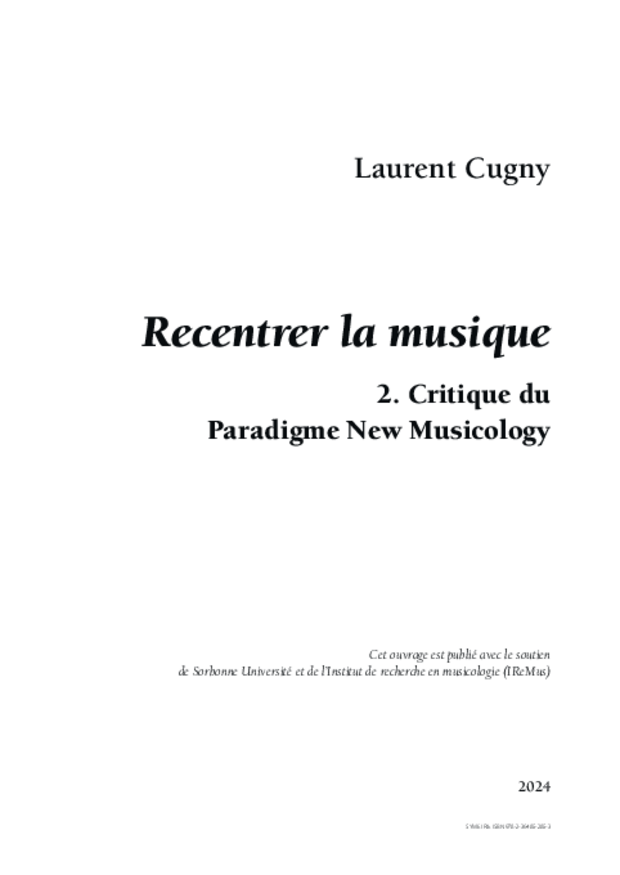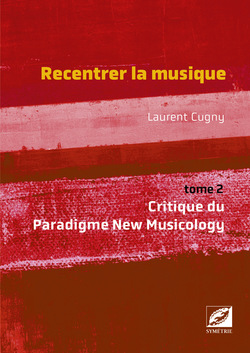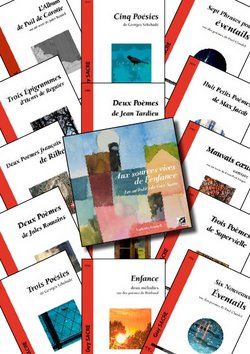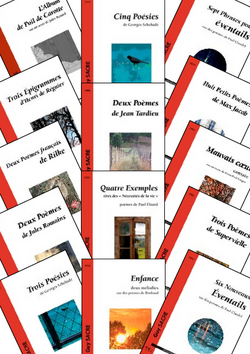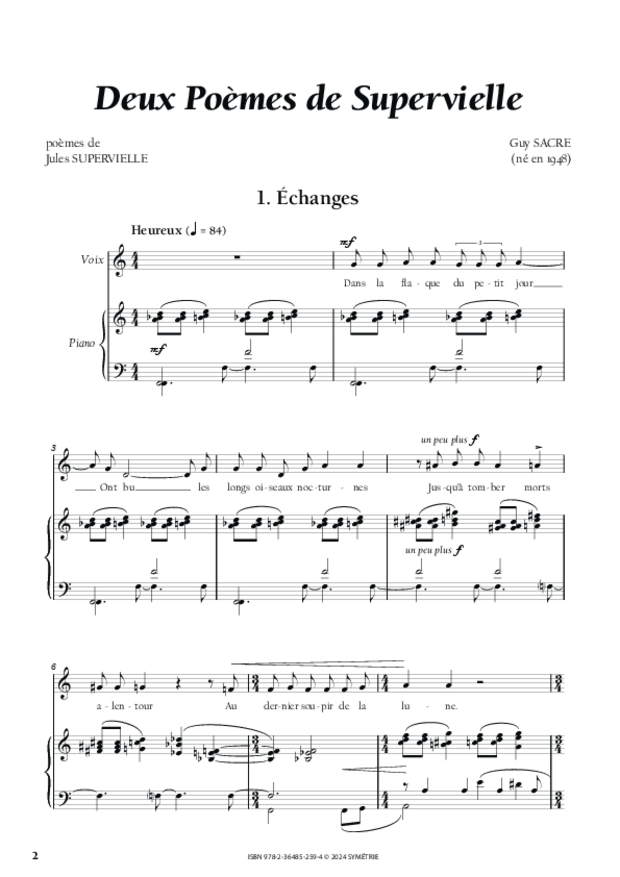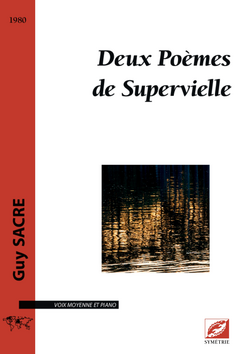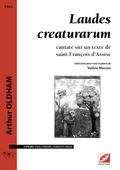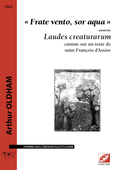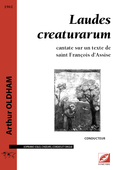Arthur Oldham was born 6th September 1926 in London and died 4th May 2003 in Villejuif, France. He studied at the Royal College of Music, under Herbert Howells, and then privately with Benjamin Britten. He was the only student Britten ever took on, and in 1946 the two worked together, Oldham in the role of choirmaster. After conducting the choirs of the Edinburgh Festival, the London Symphony Orchestra, Scottish Opera and Edinburgh Cathedral, Oldham took up residence in Paris in 1976, where, at the request of Daniel Barenboim, he founded the choir of the Orchestre de Paris.
As composer, Oldham wrote music for the theatre, such as his ballet Mr Punch, premiered in London on 1st July 1946, which takes its inspiration from the traditional Punch and Judy show. As well as orchestral and chamber music, he composed a good number of choral works, including Le Testament de Villon The Will of Villon for three soloists, chamber choir, chorus and orchestra, which had its first performance in April 1997 at the Salle Pleyel in Paris.
Publications
Format bibliographique à copier
Oldham, Arthur. Laudes creaturarum, cantate sur un texte de saint François d’Assise, préface de Lionel Sow, Symétrie, 2016, 47 p.Oldham, Arthur. Laudes creaturarum, cantate sur un texte de saint François d’Assise, préface de Lionel Sow, Symétrie, 2016.
Oldham, Arthur. Laudes creaturarum, cantate sur un texte de saint François d’Assise, préface de Lionel Sow, réduction piano de Valérie Mercier, Symétrie, 2016, 46 p.
Oldham, Arthur. « Frate vento, sor aqua », extrait des Laudes creaturarum, préface de Lionel Sow, réduction piano de Valérie Mercier, Symétrie, 2016, 12 p.
